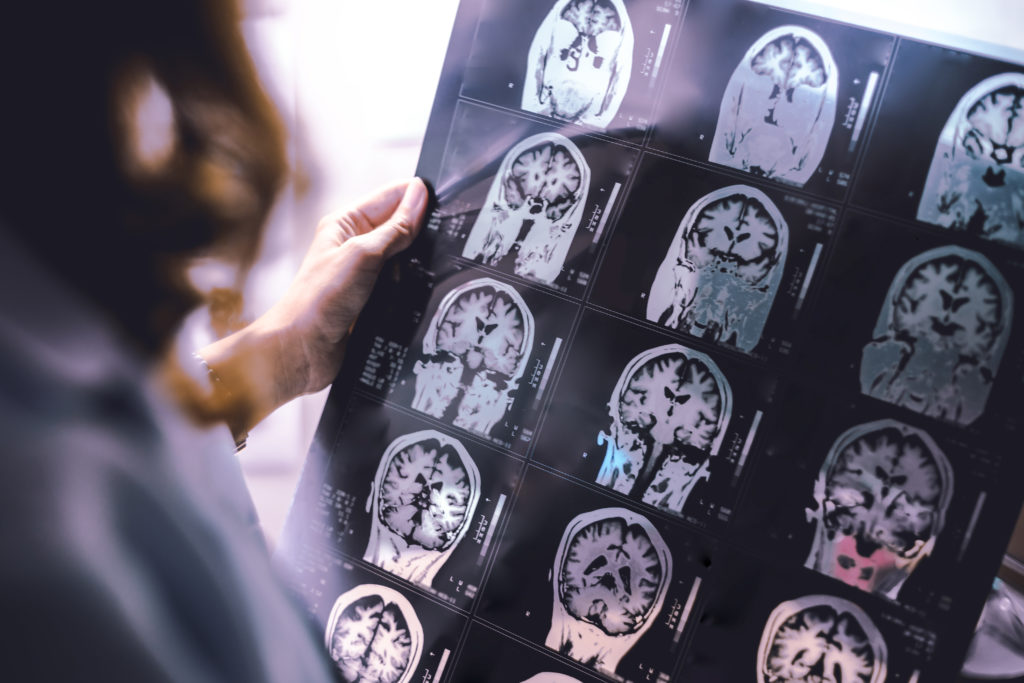Quick Hits
Daily brief research updates from the cognitive sciences

Brain scanning of political partisans is not new and it has long been reported that brain scans can predict political affiliation. But those studies were scans of political partisans in situation that elicited emotional responses such as looking at pictures of political candidates or asking questions on policy issues.
The question these researchers wanted to answer is can you predict a person’s political affiliation just by looking at their brains while they were doing random tasks or even nothing at all!
What did these researchers at Ohio State University do?
The researchers recruited 174 participants to take part in the study and questioned them on their political affiliation and the intensity of this. They then underwent various brain scans while doing various standard testing activities. These activities were unrelated to politics. These included reward response tasks, clicking quickly on screen to receive a reward, empathy tasks, short-term memory task, episodic memory, matching names to faces, and more.
Interestingly they also did resting state scans, scanning the brain while doing nothing.
By measuring functional connectivity i.e. how brain regions connect they were then able to match correlations to political ideologies.
What did they find?
And yes, they found that using this functional connectivity they could predict political affiliation as effectively as with the best other predictor. What is the best other predictor you may ask? It is the political affiliation of your parents.
What is more interesting is that this correlation was just as effective by looking at resting state brain activity – so by looking at your brain at rest they could predict political affiliation.
It is not a perfect correlation but nevertheless intriguing and fascinating at the same time.
An additional note is that the reward task was most predictive of political extremism, showing a surprisingly high corelation, which shows that politics seem to resolve around emotionality. Just what this could mean is another question for further research.
So, is there a conservative brain and liberal brain (in the USA that is)? It certainly seems so●

Andy Habermacher
Andy is author of leading brains Review, Neuroleadership, and multiple other books. He has been intensively involved in writing and research into neuroleadership and is considered one of Europe’s leading experts. He is also a well-known public speaker speaking on the brain and human behaviour.
Andy is also a masters athlete (middle distance running) and competes regularly at international competitions (and holds a few national records in his age category).
Reference
Seo-Eun Yang, James D Wilson, Zhong-Lin Lu, Skyler Cranmer.
Functional Connectivity Signatures of Political Ideology.
PNAS Nexus, 2022;
DOI: 10.1093/pnasnexus/pgac066
More Quick Hits
Petting (Real) Dogs Activates the Social Brain
There have been lots of studies into the positive impacts of having pets around us – but this study just published looked at brain activation patterns while being with a dog, petting a dog, and…
Metabolism Predicts Brain Health
Understanding the link between dementia, brain health, and various metabolic disorders such as obesity is important and gives us important clues in…
Super Agers Have Super Neurons
SuperAgers are those who live long, over 80, but retain their cognitive functions including a healthy functioning memory and seem to avoid neurodegenerative disorders such as Alzheimer’s…
How Nature Lowers Stress in Your Brain
Nature is overwhelmingly good for wellbeing but there are many chicken-or-egg problems with the research. This study…
Correcting Others Improves Group Learning
Some interesting and counter-intuitive insights into effective group learning…
Air Pollution In Childhood Changes Brain Structure
Recent research has shown some worrying impacts of pollution on the brain…






